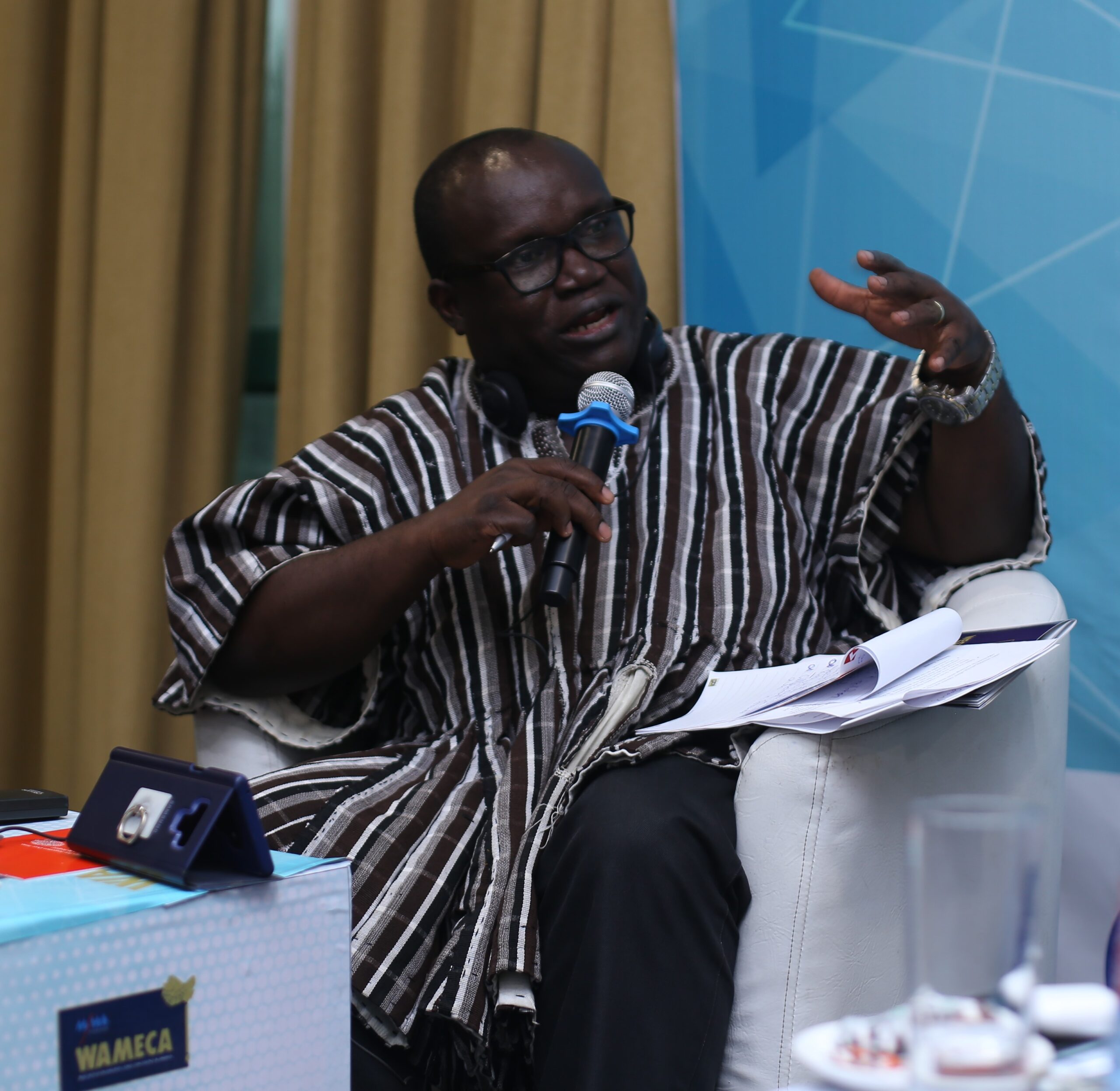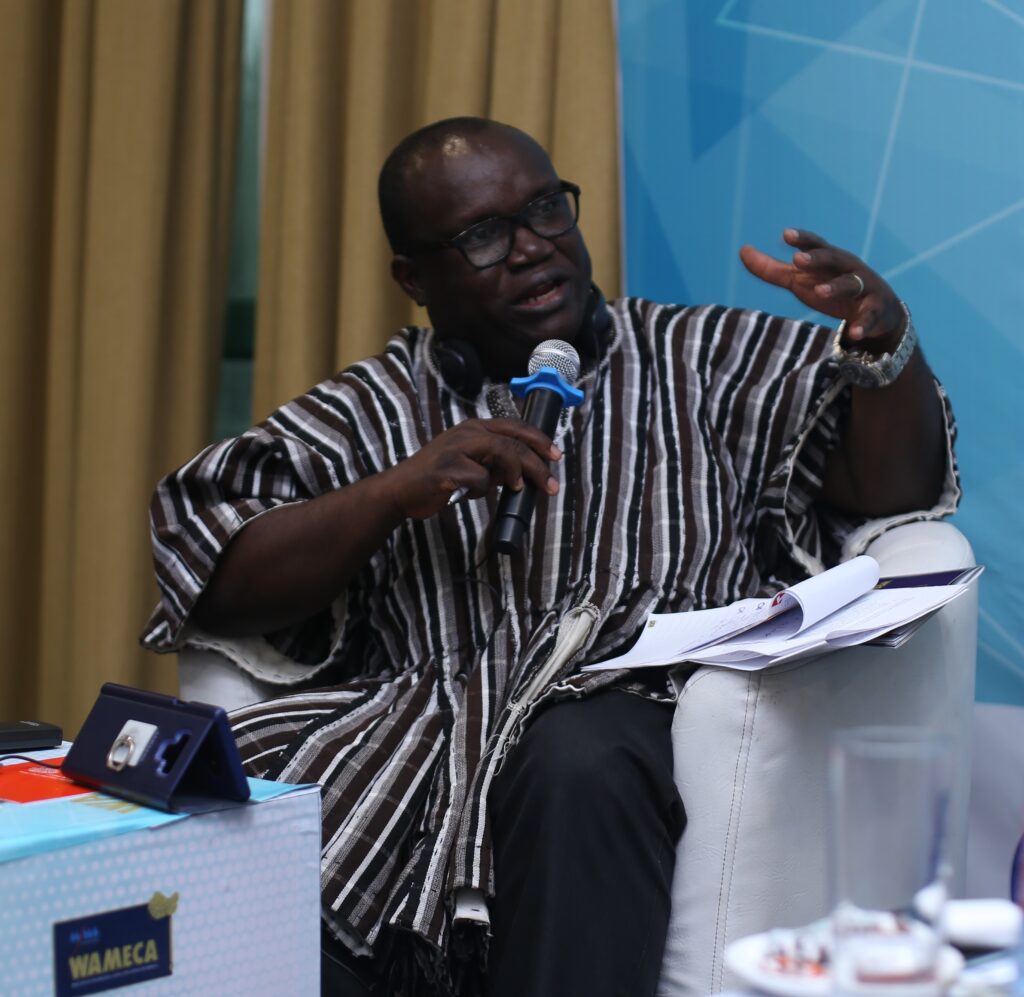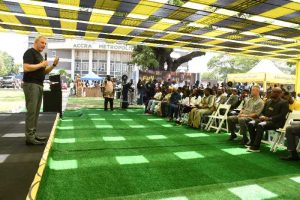
Communicating for the common good is communicating for the benefit of your fellow man. If we truly follow the teaching of love thy neighbour as thyself and love God with all your soul, heart and mind, communicating for the common good should come very easily to us.
This was the general view held by panellists at a talk on the theme “Communicating for the Common Good: Challenges and Prospects in Ghana Today at the British Council on Tuesday, 29th October, 2019.
Engineer Kenneth Ashigbey, the CEO of the Ghana Chamber of Telecommunications who was also on the panel, advised that we stop trying to win the argument and concentrate on the common good. He said that if Christians would live what they preached and emulate Christ in all they did, the common good would be taken care of.
He observed that if everyone stopped complaining and contributed to solving the problems, the world would be a better place. He said that Christians must demonstrate integrity and accountability in every aspect of life and apologise when they go wrong.
He admonished Christians to communicate through their actions and speak up for the common good wherever they find themselves and in whatever situation they find themselves. He called on Christians to speak up against the wrongs in society irrespective of political affiliation.
Mr Ashigbey also called on the media to be descent in their communication and promote togetherness instead of divisiveness in all their programmes.
The Metropolitan Archbishop of Cape Coast, the Most Reverend Gabriel Palmer Buckle, one of the panellists, pointed out that as children of God, we must consider the common good before taking any action.
He gave the examples of people embarking on strike actions and asked if those embarking on such actions had considered the effects of their actions. He noted that when lecturers/teachers go on strike, the students bear the brunt of these actions.
He said that the time for teaching is cut down and the students now have to try and learn in a shorter period of time. He said that when health workers also go on strike, it is the patients who suffer. He asked if those who take such actions consider the moral and ethical justification of their actions and the effects it would have on society.
The former member of Parliament for the Ablekuma South constituency in Accra, Mr Fritz Baffour, posited that there was a need for public education and awareness and a collective will to work together.
Another panellist, Mrs Mawuena Trebarh, a Business professional and first female underground exploration geologist amidst a 10,000 strong male workforce at a mine site in the Ashanti Region of Ghana, noted that mindset can change if we are consistent with communication as well as the requirement for a certain expected outcome.
The discussion was moderated by Bernard Avle of the Citi News breakfast show.
Source: Businessghana.com





